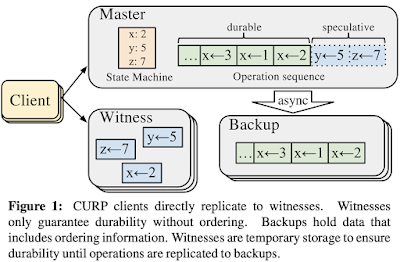Enlightenment Now (2019) by Steven Pinker

The full title of the book is Enlightenment Now: The Case for Reason, Science, Humanism, and Progress . It came out in 2019, and Bill Gates called this book his "new favorite book of all time." For me, it is an OK book, I give it a 3.5 stars out of 5. The book makes an important point about the importance of science and reason, and how much we accomplished thanks to them. As Yuval Harari nicely summarized, the book "extols the amazing achievements of modernity, and demonstrates that humankind has never been so peaceful, healthy, and prosperous." Ok, so it is a feel-good book, nothing wrong with that, right? Well, it is a very long-winded book, and it is hard not to get bored after some time. I really liked the first 50 pages: "Ok, this is going good, we have a good rapport as writer and reader". After page 100, I was like "OK dude I really get it, let's move on to something new now", and after page 150, I was pleading "Stop, stop, this ...






